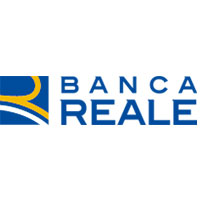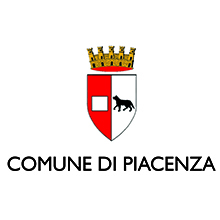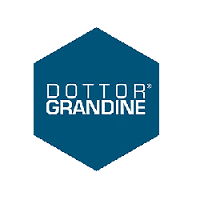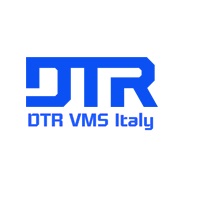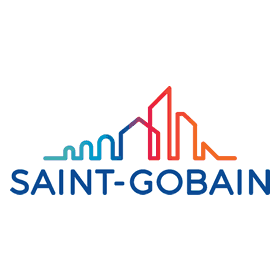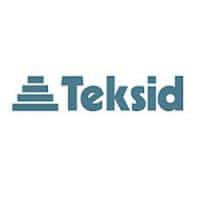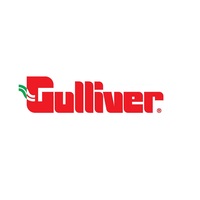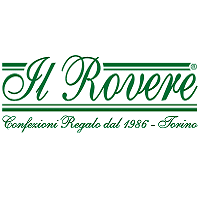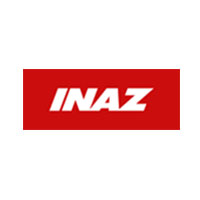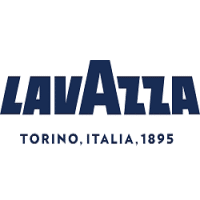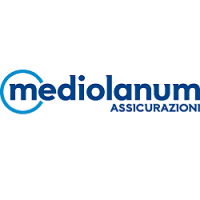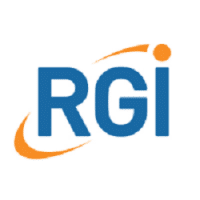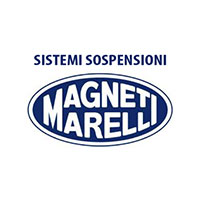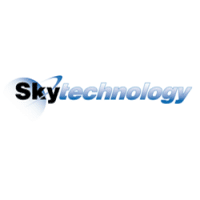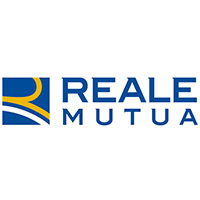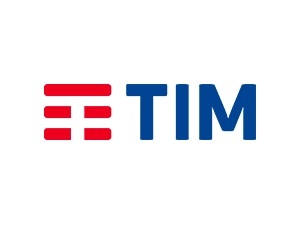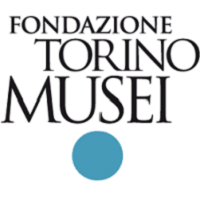The client
MEC-DIESEL S.p.A. is one of Europe's leading suppliers of engine spare parts in the Independent Aftermarket (IAM). The company was founded in Turin in 1983 to meet the market's need to find engines and engine parts for IVECO/FIAT/CNH applications, both for light commercial vehicles, trucks and buses, as well as for earth moving and agricultural machinery, both for marine and industrial applications. Over the years, the product range has been extended to spare parts for light and heavy commercial vehicles of the main European manufacturers such as MERCEDES, MAN, SCANIA, VOLVO and RENAULT, as well as spare parts for major European and Asian manufacturers of Cars. The catalogue features over 15,000 spare parts for engine maintenance and overhaul: bases, engine shafts, cylinder heads, camshafts, pistons, exhaust pipes, bushings , water pumps, oil pumps, filters, turbines and many other products are always present in the warehouse ready to be shipped every day with the best national and international carriers.
Case history data
The complexity of the company's information systems required adequate hardware solutions to ensure effective processes, so MEC-DIESEL S.p.A. decided to rely on Betacom for support for the delivery of ICT services and for the technical support activities of the Systems. Professional services were provided for the management of client and server platforms with on-site and remote interventions. Betacom was responsible for managing the client base and the workstations, with assistance and support for users to restore the correct functioning of PCs, laptops, printers and systems. Assistance was provided on server systems to resolve any issues related to installed operating systems and applications, with on-site and remote interventions to ensure the correct operation of the systems, including patching. Betacom, in addition to the system support activity, provided an infrastructure monitoring service, including administration of system software and hardware (domain servers, firewalls, switches, vpn, etc.), and standard applications (antivirus, backup and restored servers) of the client.
Solutions adopted
The System Management service delivery model included access to the Service Desk for the opening of tickets, on-site monitoring for hardware maintenance operations, and remote user support to guarantee Business Continuity. Remote support was also provided for incidents involving the server infrastructure, with proactive monitoring of the server and network infrastructure.
Benefits obtained
The solution developed resulted in the following benefits:
- Business Continuity
- Constant monitoring
Business benefits
- Riduzione costi legati all’hardware- Minore downtime e costi per manutenzione
Products used
This is custom heading element



